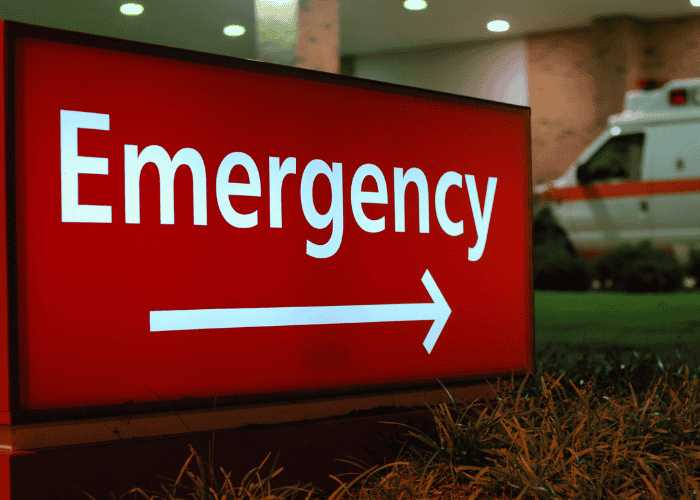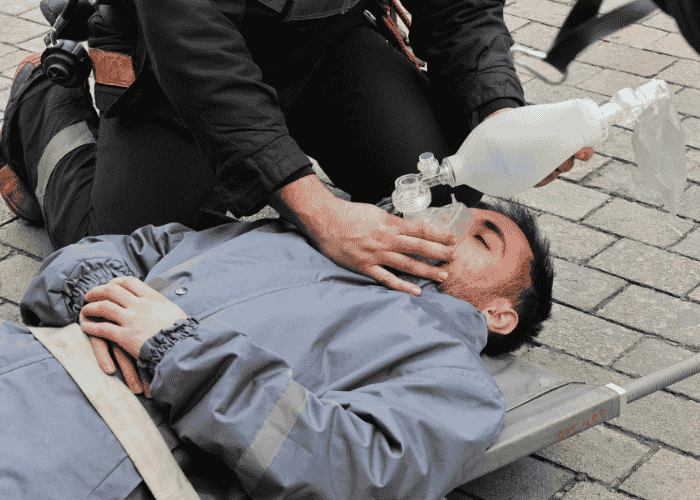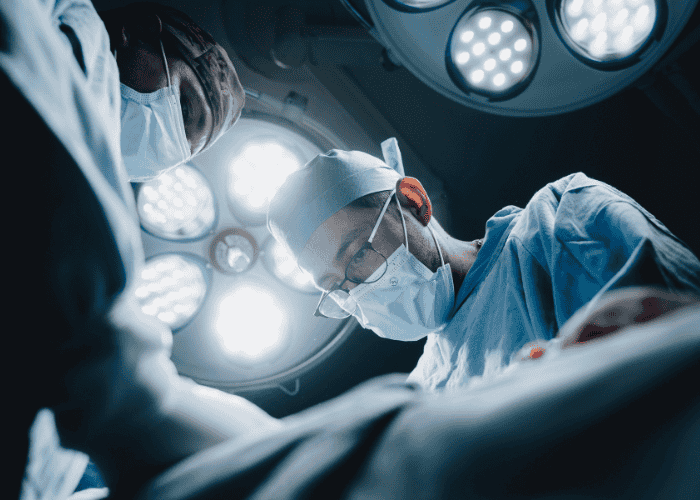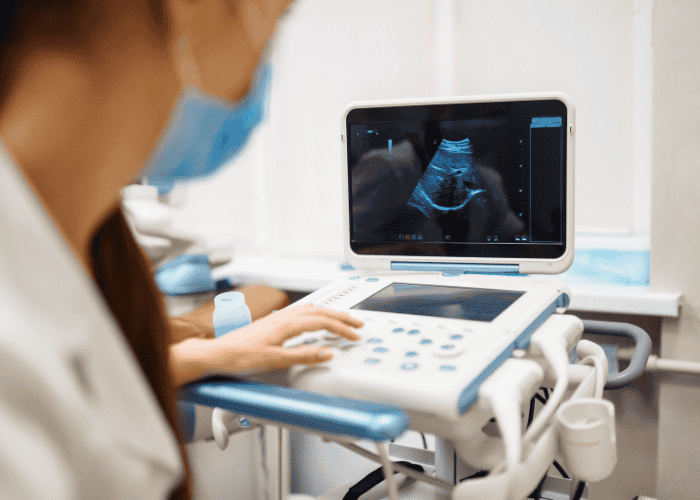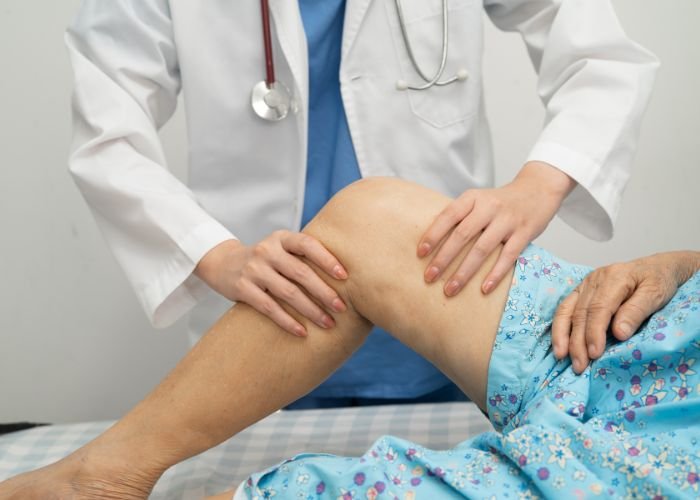10 Signs You Shouldn't Ignore: When to Visit a Hospital
When to visit the hospital depends on your recovery from a serious health issue. Our first preference is to cure issues at home through various home available materials, but one person should visit the hospital. When he faces some minor issues, they help the patient recover with a minimum amount without harming other parts of the body.
It's a compulsion that recognizes Signs You Need Medical Attention, so it's easy to avail treatment without any serious complications. These things help with Common Medical Emergencies, why these things matter, and when to Seek Medical Help.
Who should follow this?
Everyone, from a younger age to a senior, should know that symptoms need proper care and treatment at the right time. When an emergency occurs in a family, they need a quick decision by doctors, who encourage other emergency cases to visit the hospital, and doctors become lifesavers at that time.
Why is this important?
A serious disease starts from a simple symptom that becomes a serious health issue. Any delay and ignorance cause serious complications that would take a long recovery time or can permanently damage any important parts of the body. So, appropriate care is compulsory for patients.
10 Signs You should not Ignore
- Pressure and pain in the chest
There is a signal presented that indicates heart attack-like discomfort in the chest, shortness of breath for some time, heaviness, nausea, and sweating. All these symptoms at the initial stage feel like a problem of indigestion, but we should not take it lightly. - That's the best example of when to visit a hospital immediately.
What should be done? first action should be to call for hospital emergency service, and also chew the aspirin tablet and relax until help arrives.
- Numbness or sudden weakness
Sometimes movement loss or sensation arises in the leg, arm, and face on one side of the body, which can cause a stroke. Another warning sign is that it becomes difficult to understand others, and speech is slurred.
It is an emergency issue, so the FAST test should be followed.
- Breath shortness
It is linked with failure of the heart, allergic reaction, asthma, pneumonia, and COVID-19. Sometimes a deficiency of oxygen causes organ failure in vital organs.
What to do? Sit in an upright position, avoid tight clothes, wear loose clothes until help arrives.
- Bleeding continuously
It can be due to any serious wound, disorder of clotting, or, if proper treatment is not taken, it could be life-threatening because of loss of blood.
Bandage or clean cloth applied over the wound, pressure should be maintained, the injured area should be treated immediately, so call for emergency service of Green City Hospital.
- High fever
If the fever is above 103°F and it's not going away for three days, then it can be dengue, meningitis, or pneumonia. When you are in a condition where your body allows you to move, then it's a mild fever, but in a severe condition, it's not easy to handle, where bacteria in the body weaken your immune system, and you sleep and walk at intervals.
What should be done? hydration collusion, frequently measure temperature, and seek hospital care immediately.
- Headache
Sometimes, unbearable headaches arise that are different from common headaches, which can be signs of migraine and meningitis.
What should you do? find a quiet place, don't take painkillers because medical advice helps you get better care and treatment with proper symptoms.
- Sudden eyesight changes
When sudden blindness, vision becomes double, glaucoma, and flash light affect the retina. These are collocated issues related to the eye that can cause complete eyesight loss.
Don't rub your eyes and contact a neurologist.
- Speaking trouble
As disorientation arises and the person is unable to recognize familiar people, and speech is slurred, this is called a neurological condition.
Patients should be treated by a doctor, so call for a doctor.
- Pain in the abdomen
If persistent pain in the abdomen arises, that can be a signal of gallstones, obstruction in bowel movement, and internal bleeding, so he requires medical attention.
Do not eat or drink anything because you may need surgery.
- Accidents
Head injuries, deep cuts, sudden falls, and fractures are treated on an emergency basis. Pain can be intolerable and injury can be seen with the naked eye, but pain can't.
Bleeding should be controlled and not moved unnecessarily.
FAQ
Q1. What is the hospital visiting schedule?
Ans: Our schedule is 10 AM to 9 PM
Q2. Is any appointment compulsory?
Ans: Yes, it's preferred, but walking is also welcome in the hospital.
Q3. What should I have as I'm visiting for the first time?
Ans: You should bring ID, medical records, and insurance details according to your current issues.
Q4. What type of facility is available in a hospital for inpatients?
Ans: There are private rooms, nursing, and advanced consultation through specialists.
Q5. Would you accept health insurance?
Ans: We help with processing and accept all health insurance.

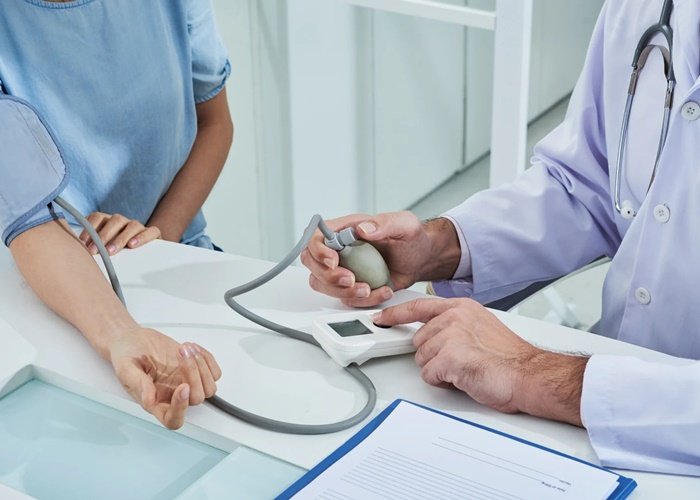
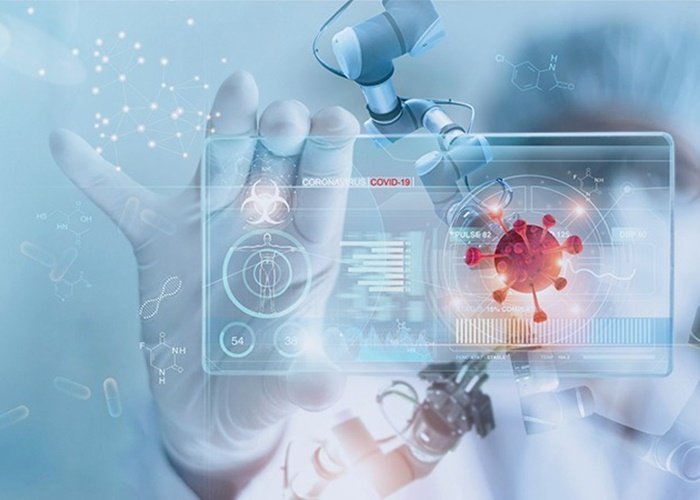
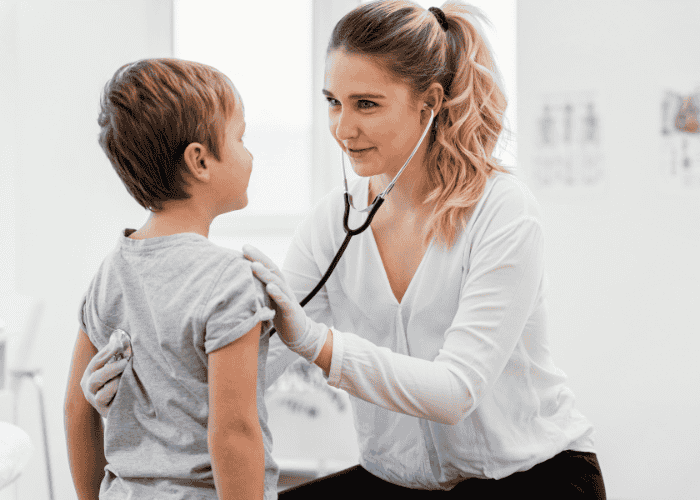
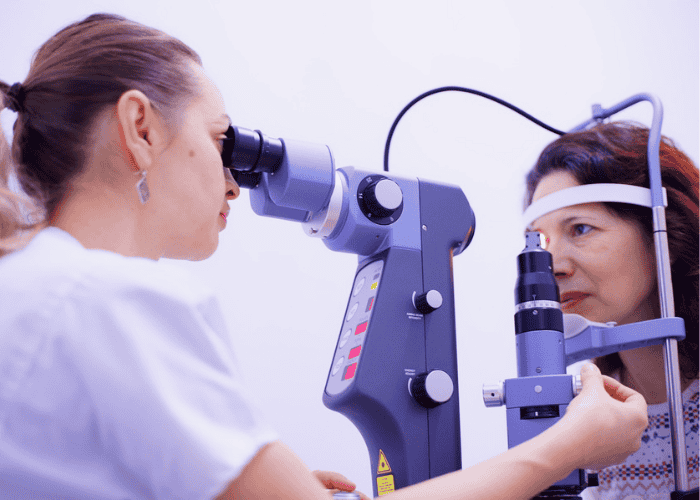
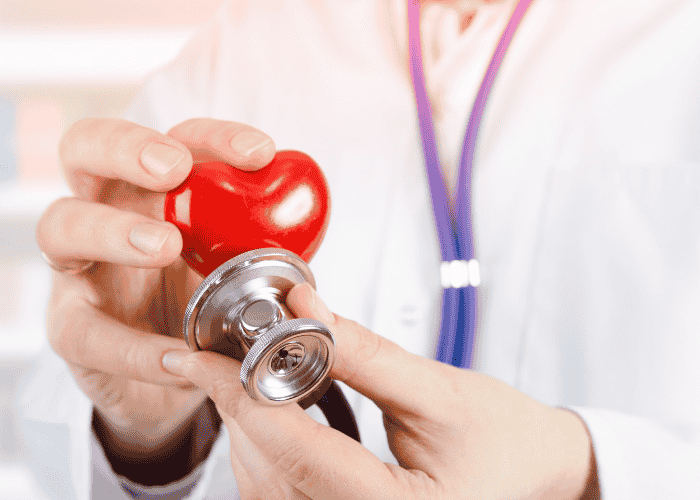
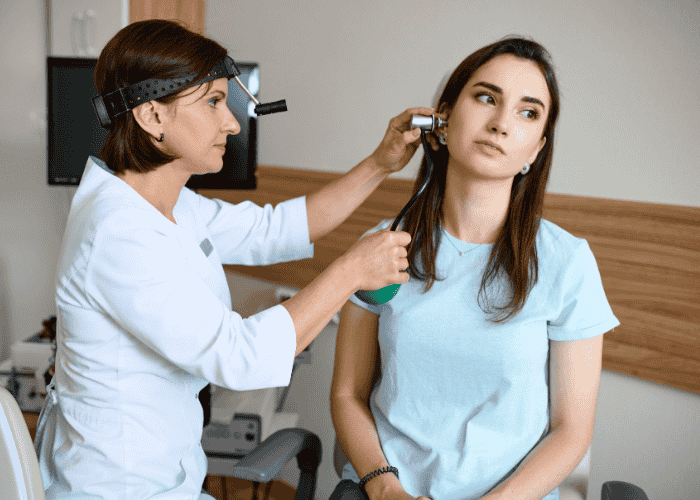
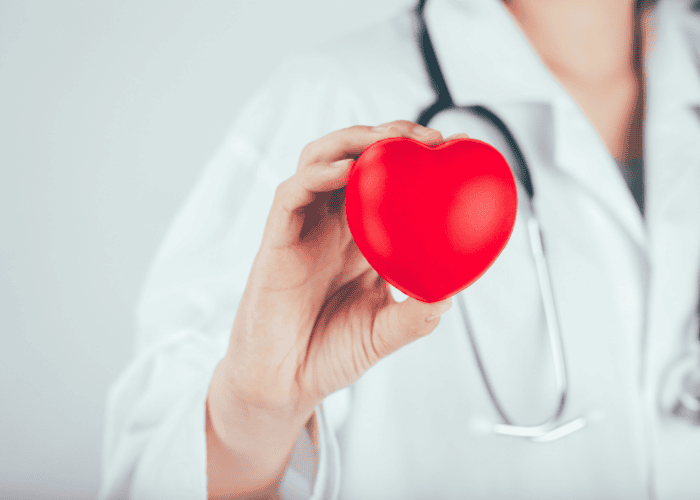

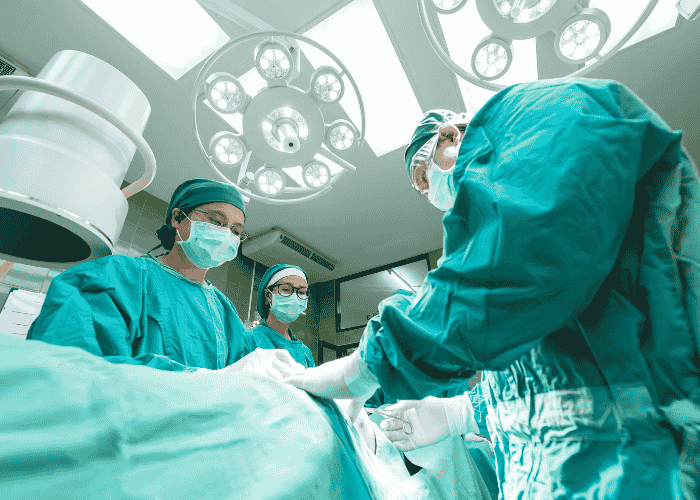
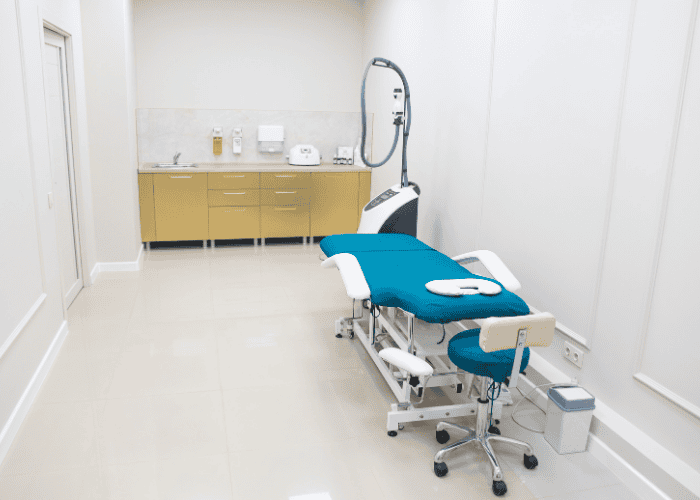

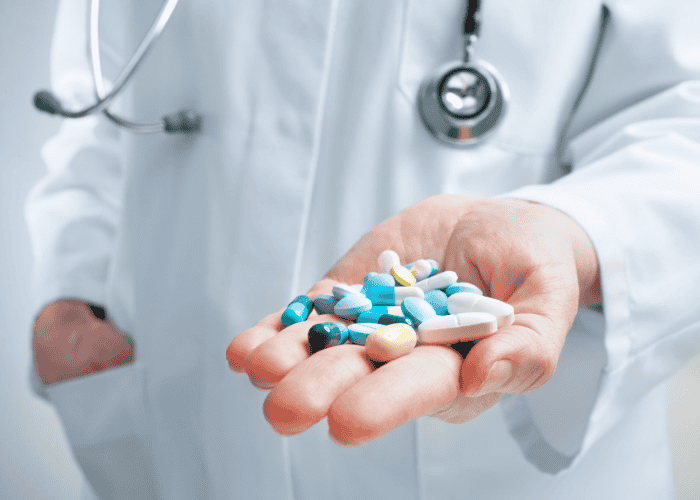
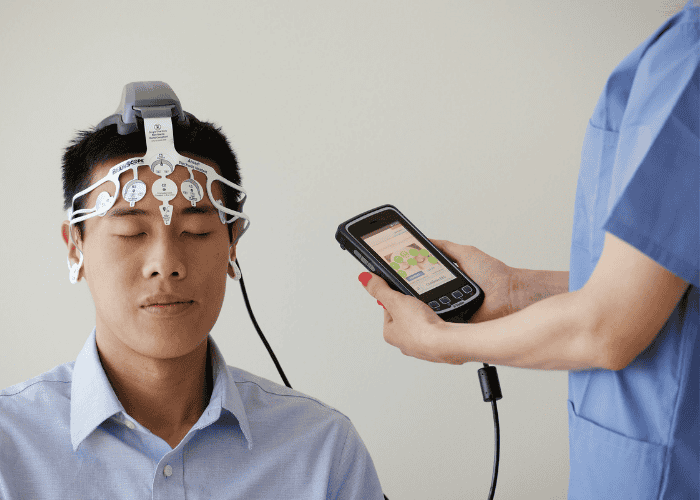

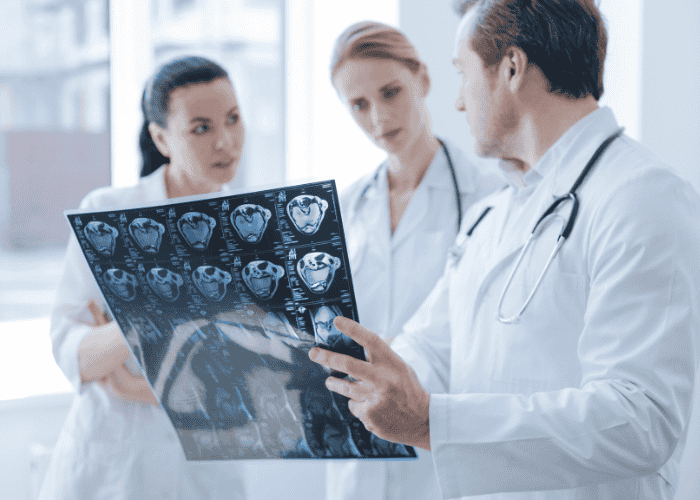
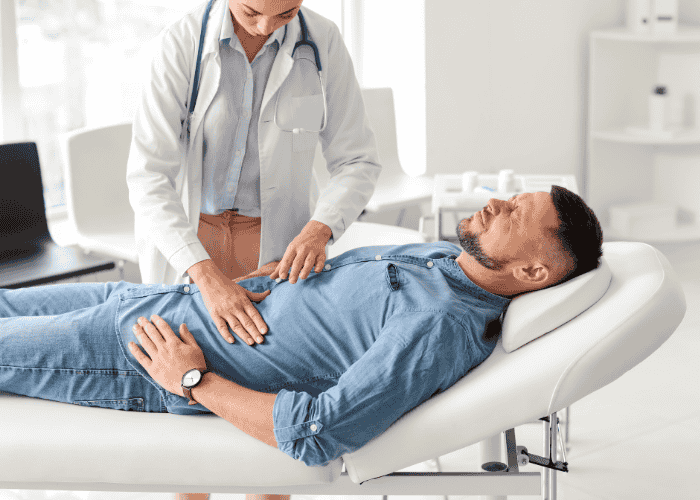
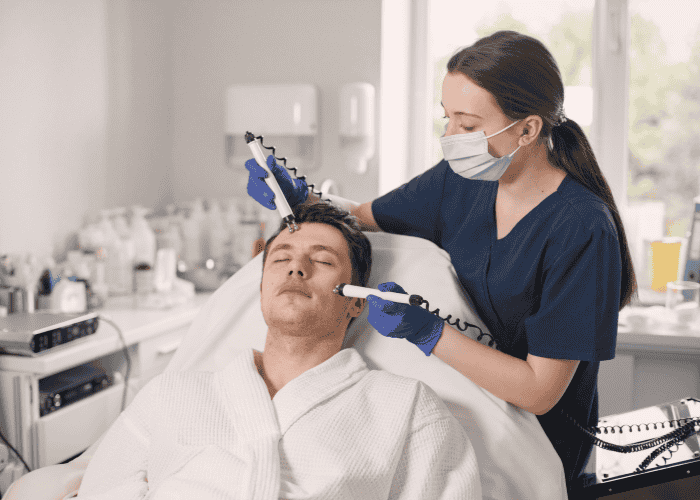
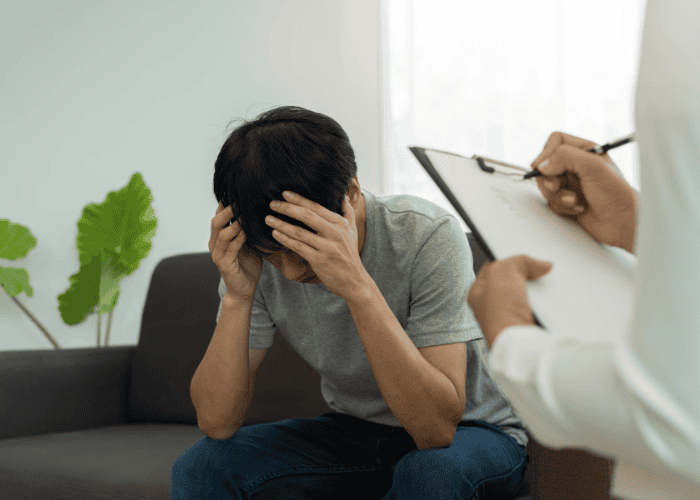
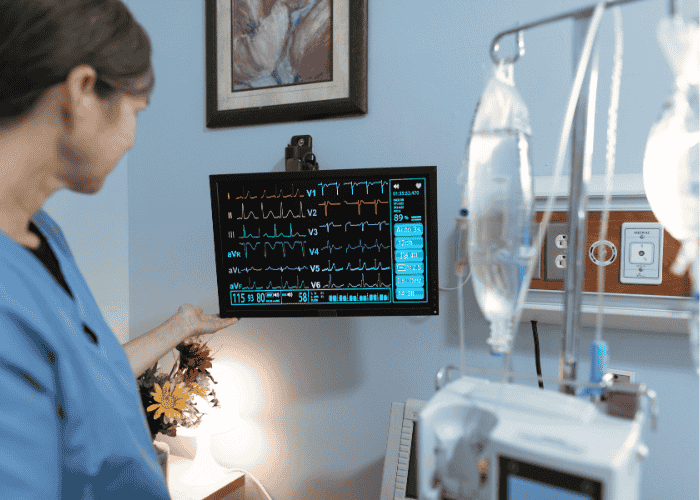
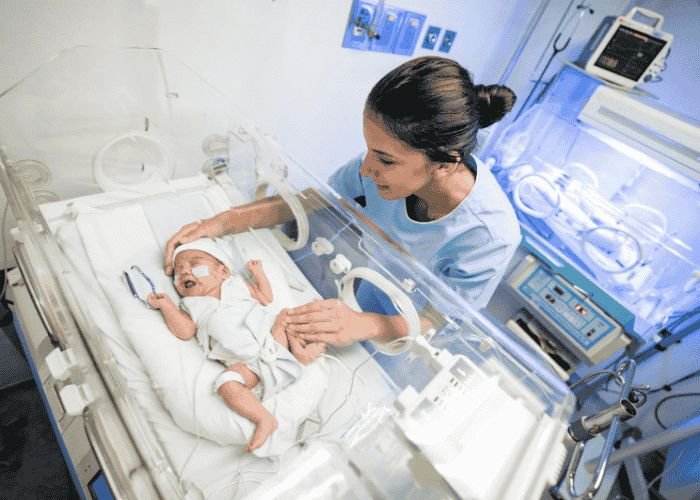


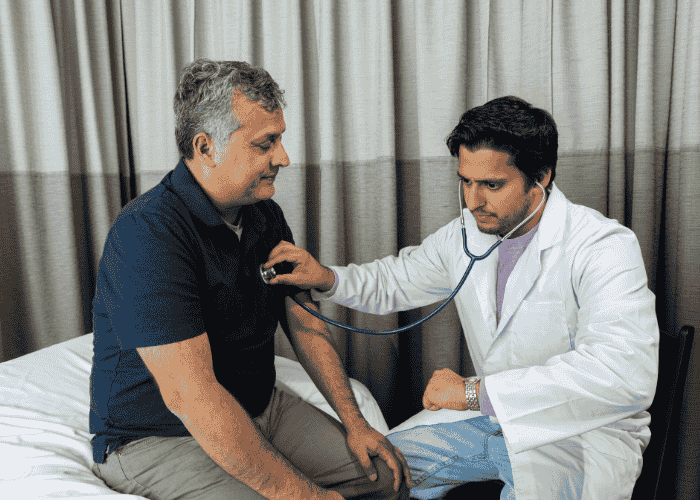
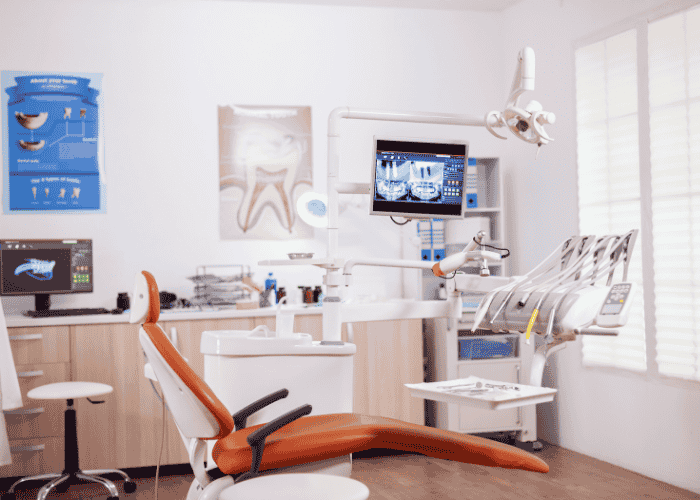
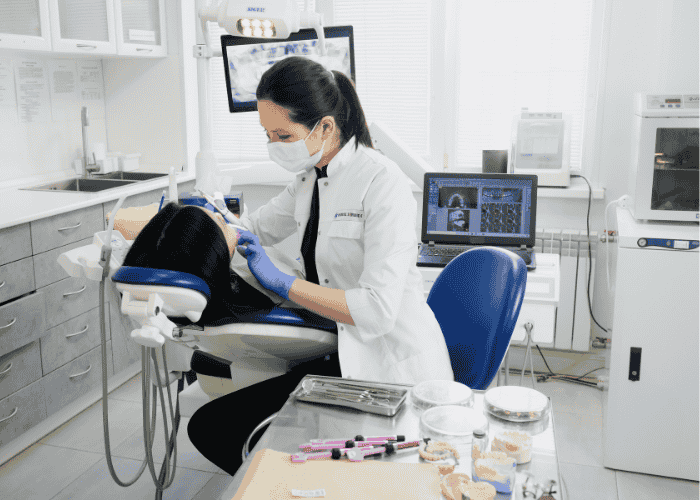
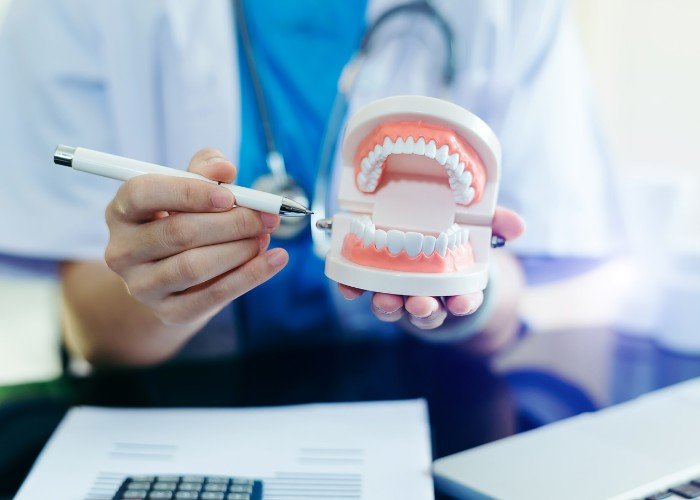
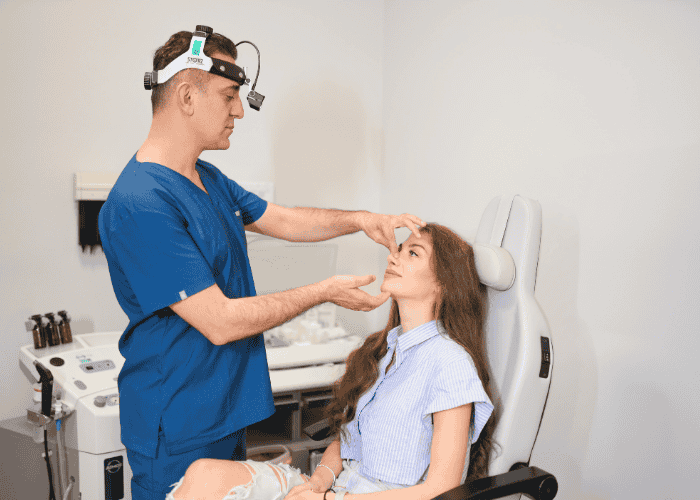
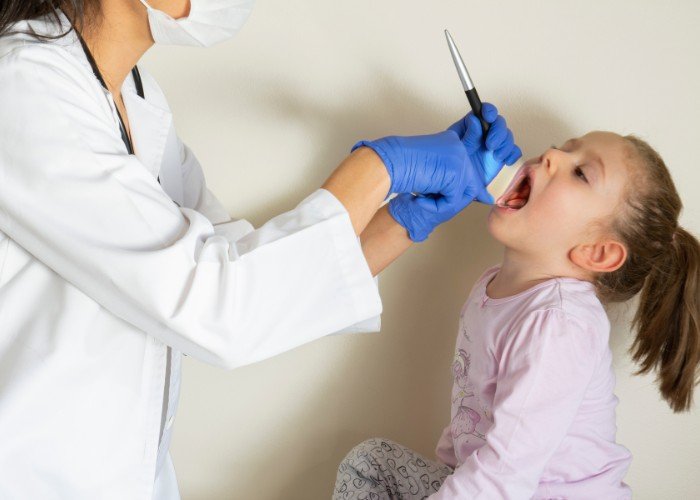
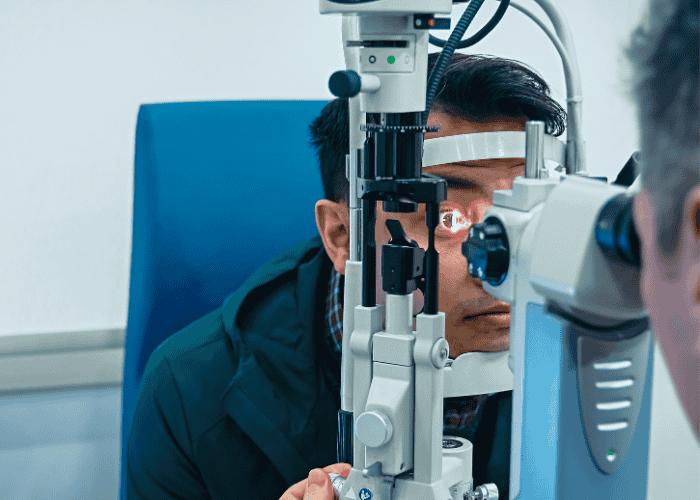
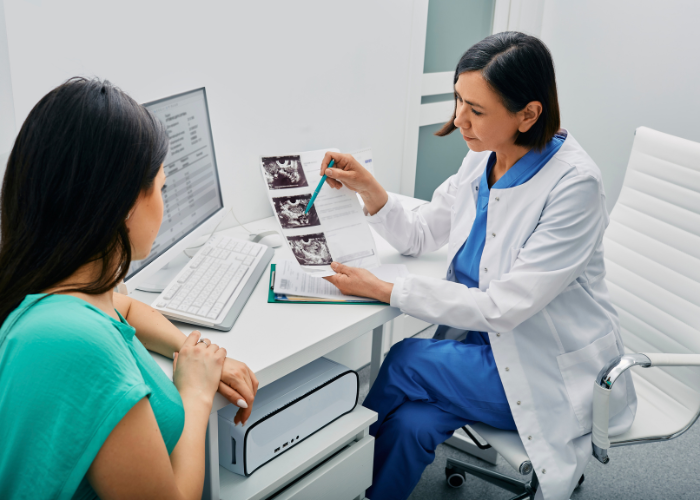

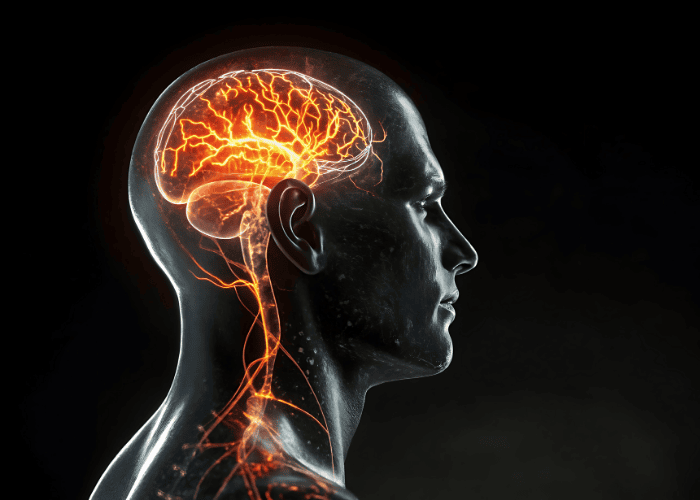
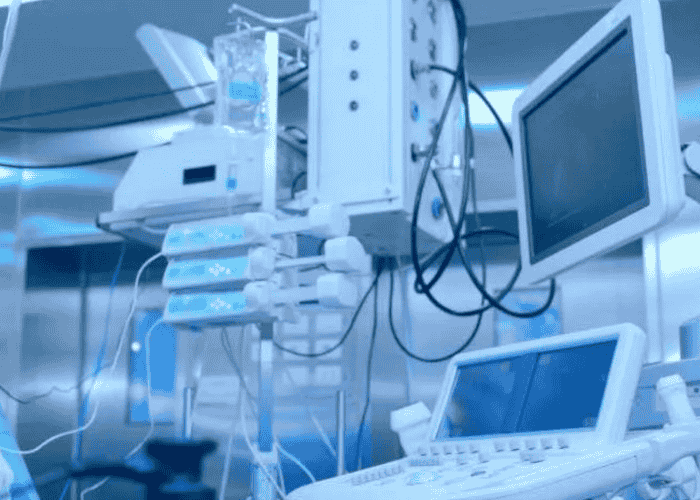
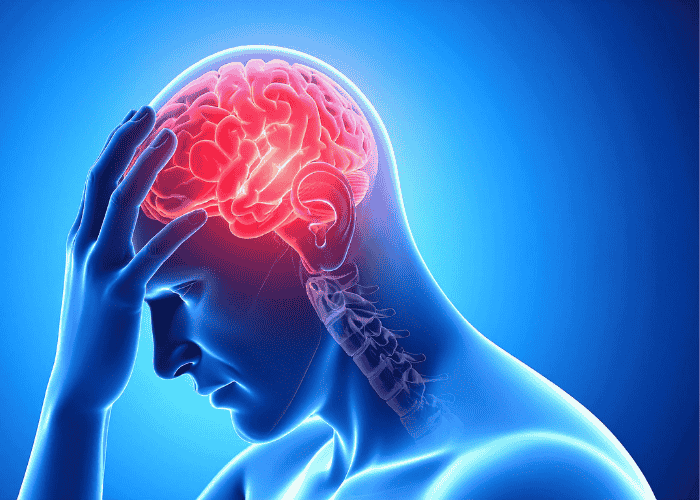
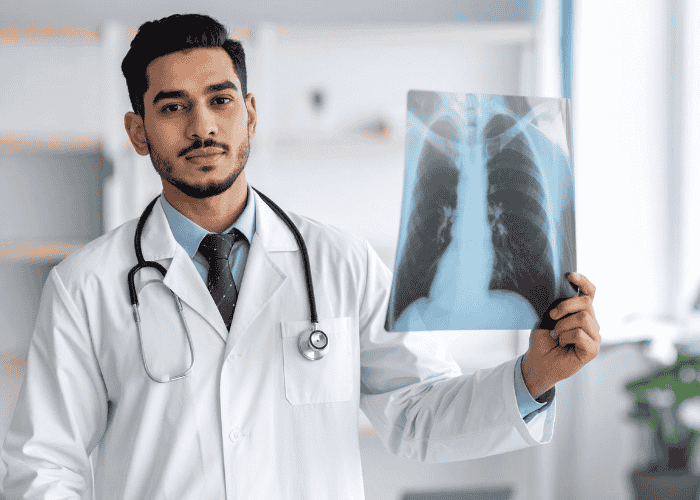

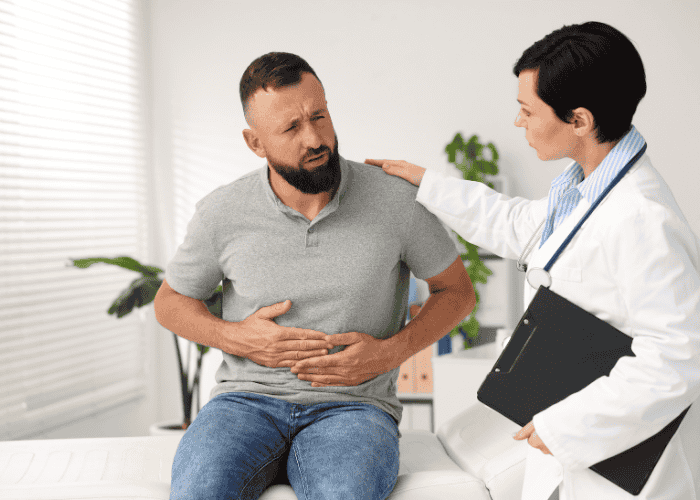
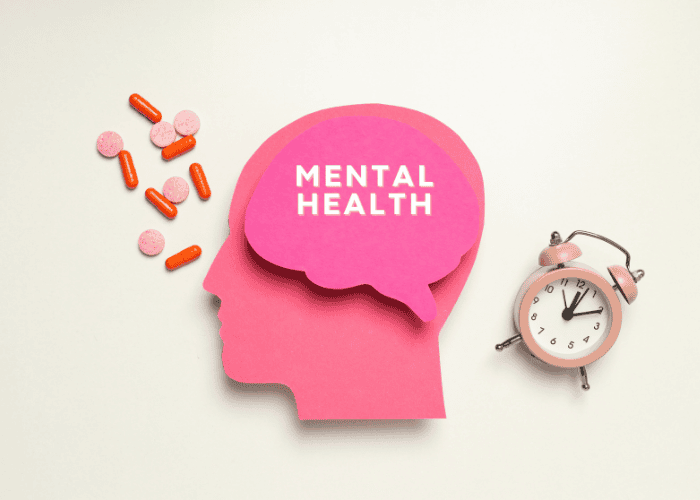

_12Jan26_122224.png)
